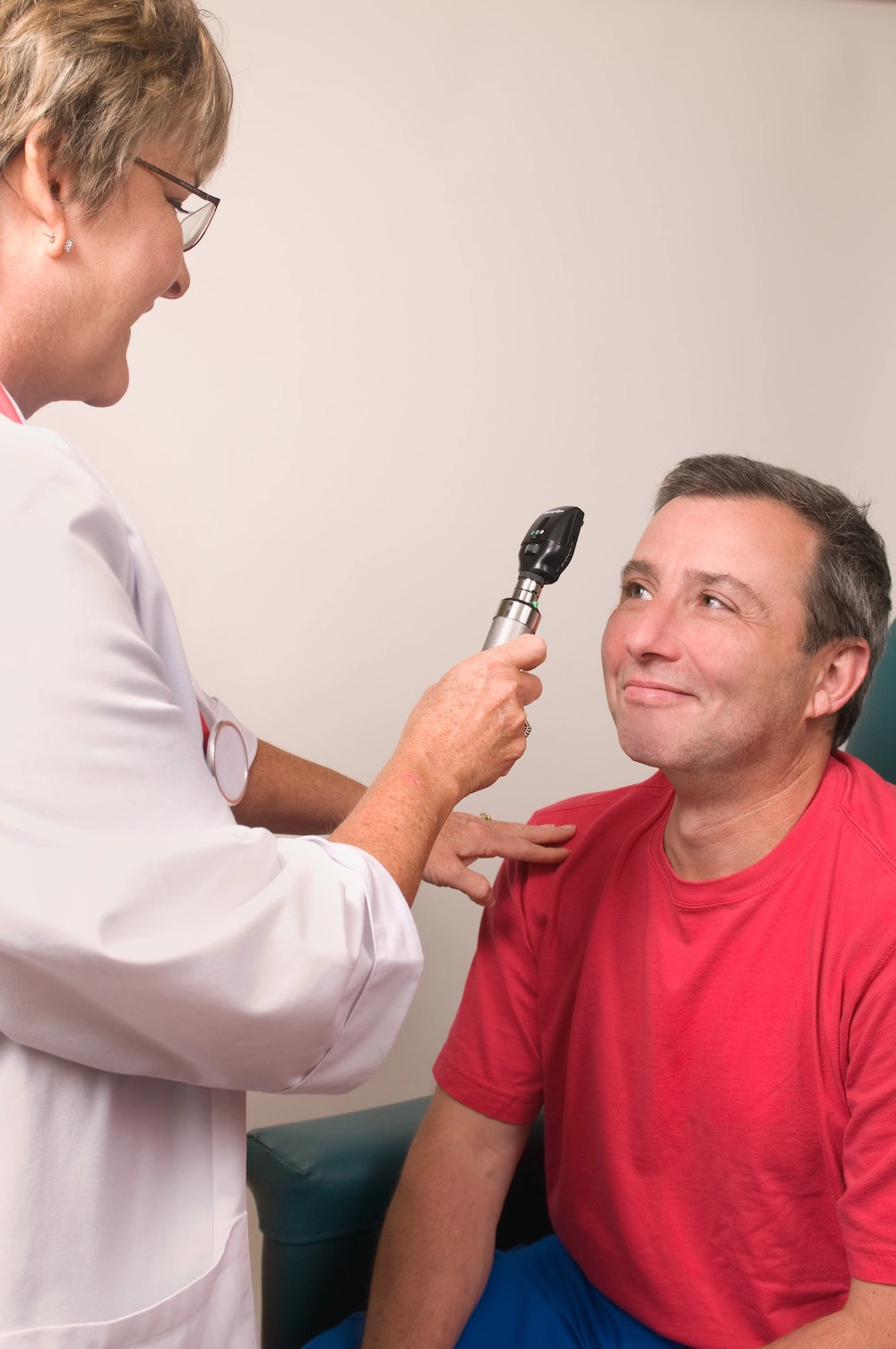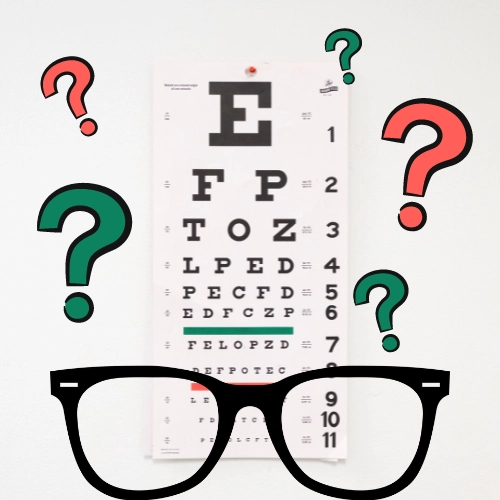Is Vision Insurance Worth Investing In? Let’s Break It Down
The health insurance industry is one of the biggest markets in the United States, with nearly 6,000 companies and a market value of more than $2.8 trillion in 2020. Today, health insurance is in the middle of a technological revolution as it begins to adopt more accessible platforms to make the user experience faster, more accurate, and more secure than ever before. In fact, over 31 million Americans had health coverage by mid-2021, with the numbers growing by the day.
And yet your visits to the eye doctor aren’t covered by most health insurance plans. Rather than enjoying an all-in-one package, health insurance providers often expect you to find specialty vision insurance to help reign in the costs of eyecare. Like dental insurance, this makes vision insurance a complimentary — and quite possibly, optional — healthcare service. So how important is vision insurance, really?
If you’re wondering why vision insurance isn’t covered in your health insurance to begin with, we referenced some factors in a previous blog post. Suffice to say that vision insurance isn’t the most accessible solution for those who might need it the most. With health insurance premiums already high enough, many Americans struggle to decide if sticking to an extra plan is truly a better alternative to footing the bills out-of-pocket when necessary.
Wondering if vision insurance is for you? Let’s look closer at the pros and cons.
What Does Vision Insurance Cover?
Vision insurance usually helps to pay for everything you might expect from a routine, non-medical visit to the optometrist: comprehensive eye exams on an annual basis, refraction and written prescriptions by the doctor, and most vision correction and eyewear needs (which include lenses, frames, and contact lenses). Some of the most popular vision insurance options in America include VSP and EyeMed; both feature affordable monthly payment plans and large networks of available eye doctors.
You might also find plans that offer coverage for laser surgery options such as LASIK and PRK. These brief, non-invasive surgeries are typically elective and fall under the category of specialty insurance if coverage is even offered in the first place.
It also pays to know what vision insurance doesn’t normally cover. Anything medical-related (or deemed medical by the eye doctor) will not be covered under most vision insurance plans, meaning any unexpected findings that might crop up during a routine exam could flip the costs to your medical coverage instead. Vision insurance also won’t normally cover non-prescription reading glasses, more than one exam in the same year, replacements of lost or damaged glasses, and any miscellaneous charges (such as late fees). Eye disease testing and screening also falls outside of most vision insurance plans.
If you’re diabetic, you could experience some difficulty when trying to use routine vision insurance plans, as diabetes has a fundamental impact on eye health. That means many eye doctors may consider your visits to be medical by nature rather than routine. You will likely receive a diabetic eye exam instead.
How Do I Know If I Need Vision Insurance?
Just like other specialty insurance, vision insurance offers the most benefits to the people who get the widest use out of its coverage.
Because everyday vision needs are the primary aspect of vision insurance, those who want annual eye exams to keep their prescriptions up to date can potentially save a lot of money in the long run. People who wear contacts especially benefit, as many contact lens distributors require prescriptions updated within the last year to fill their orders. Vision insurance can also help you save when it’s time for a new pair of glasses. For those who use prescription eyewear, vision insurance is certainly a worthwhile investment for long term care.
On the other hand, if you don’t need any sort of prescription vision correction, see just fine in your daily life, or only rely on over-the-counter reading glasses, the decision to opt in to vision insurance is becomes a matter of preference. A vision insurance plan might still be beneficial if you want to cut the costs of your routine eye exams, but you’ll likely end up paying more toward the insurance premiums than you would be saving just paying out-of-pocket once a year. Be sure to check all the features a vision plan offers and gauge whether it’s right for you.
If you have already been diagnosed with an ocular disease and receive follow ups with your doctor, a covered routine eye exam may not be in the cards anymore. Nevertheless, you still want coverage for glasses or other eyewear, so a vision insurance plan could still be useful depending on how much money you plan to spend (especially if you wear contact lenses).
Whether you have vision insurance or not, your eyesight should never be neglected! Make it a point to visit your local optometrist at least once per year to make sure the mechanisms behind your visual world are functional and healthy.
Sometimes the answers of eyecare are not always as clear as the questions. Our team at Nanodropper is dedicated to offering information about eye health to keep the wellbeing of your vision under your control. Please email us at support@nanodropper.com if you aren’t sure about something related to your eyes — we are happy to help!


